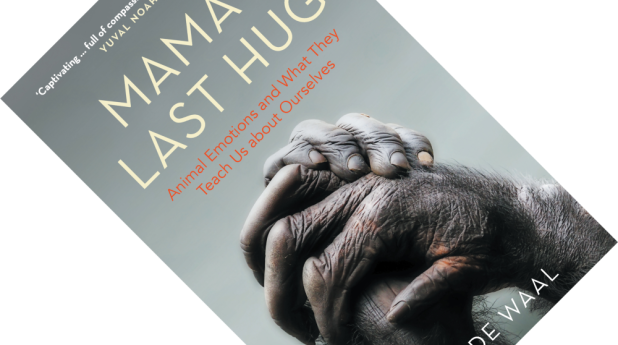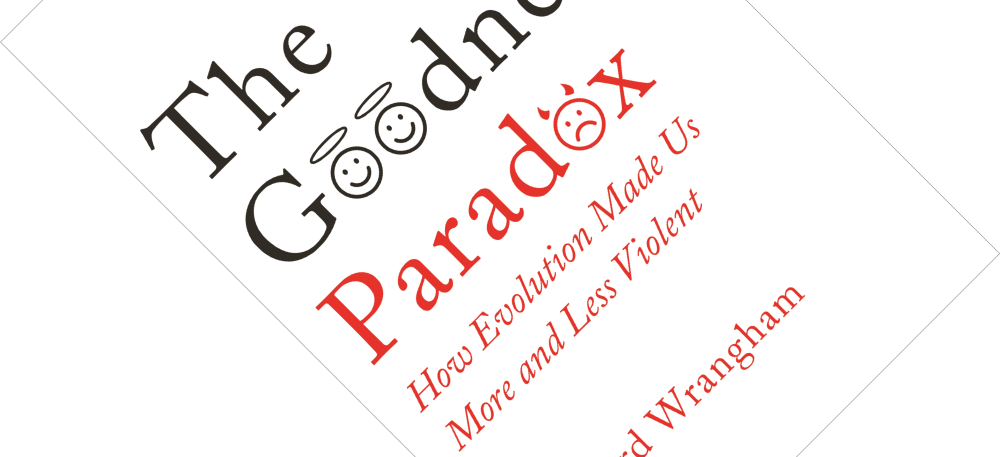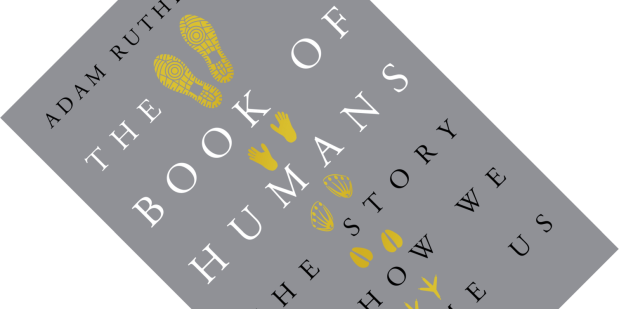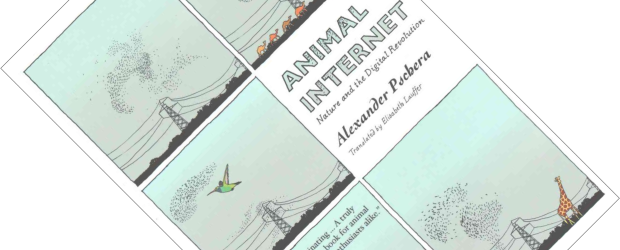Do animals experience joy, grief, or shame? Most people will be quick to attribute all sorts of emotions to pets and other animals. But many biologists remain uncomfortable with this, well, touchy-feely subject. As scientists, we are trained to be objective, cool, and detached when making observations. Anthropomorphism – the attribution of human traits to animals – has traditionally been a big no-no. But the tide is turning, and well-known Dutch-American primatologist Frans de Waal is here to help it along. Mama’s Last Hug is a smart, opinionated, and insightful book arguing we have long overestimated humans and underestimated animals.
emotions
Book review – Everything is Fucked: A Book about Hope
If you do not like the idea of reading a book review of a self-help book written by an author who hates self-help books. Or if you cringe at expletive-laden language. Stop. Seriously, move on. If that is not you – author, thinker and popular blogger Mark Manson is back with another book full of counterintuitive wisdom, razor-sharp observations, and vulgar humour. I imagine most of my readers will have an academic background, or at least value critical, logical thinking and a healthy dose of scepticism. Manson’s writing might just be for you. Why? Because scientists are people too.
Book review – The Human Swarm: How Our Societies Arise, Thrive, and Fall
“Why, of all the species that have ever existed, have only us humans reached this unparalleled level of social organisation?” Sounds familiar? I indeed opened my review of E.O. Wilson’s recent book Genesis: On the Deep Origin of Societies with almost these exact words. Where that book (quite literally) fell a bit short of the intended mark, biologist Mark W. Moffett here delivers a sprawling big history book that considers almost the same question. Perhaps this should not come as a surprise, for Wilson has been Moffett’s mentor.
Book review – The Goodness Paradox: How Evolution Made Us More and Less Violent
Humans. How is it that you can herd 200 of them into an aeroplane without a riot erupting, while they also commit unspeakable atrocities such as torture, genocide, and war? Anthropologist Richard Wrangham calls it the goodness paradox. In this well-reasoned book, he surveys research from a range of disciplines to try and answer why humans show this odd combination of intense calm in normal social interactions and a ready willingness to kill under certain other circumstances.
Book review – The Book of Humans: The Story of How We Became Us
Historically, humans have long considered themselves special compared to the natural world around them. It shows, for example, in old depictions where humans are at or near the top of a chain of lifeforms, with only angels and gods above us. Darwin caused a tremendous ruckus by saying we were descended from primates, and evolutionary biology has since had a long history of diminishing our anthropocentric worldview. With The Book of Humans, self-professed science geek Adam Rutherford has written an entertaining exploration of human evolution, showing that, amidst the teeming multitudes of lifeforms surrounding us, we are really not that special. And yet we are.
Book review – Animal Internet: Nature and the Digital Revolution
This book is translated from the German Das Internet der Tiere, published in 2014. I started reading it thinking it would mostly deal with what the latest developments in animal telemetry are telling us about conservation, and what we can learn moving forward. With advances in technology, GPS units and tracking devices are now becoming so small that we can even attach them to insects. Scientists are uncovering a wealth of data about bird migrations, whale feeding patterns and many other behaviours that are normally unobservable to us. Instead, this book provides a philosophical blueprint for how technological advances could bring about a new way for humans to reconnect to animals.






